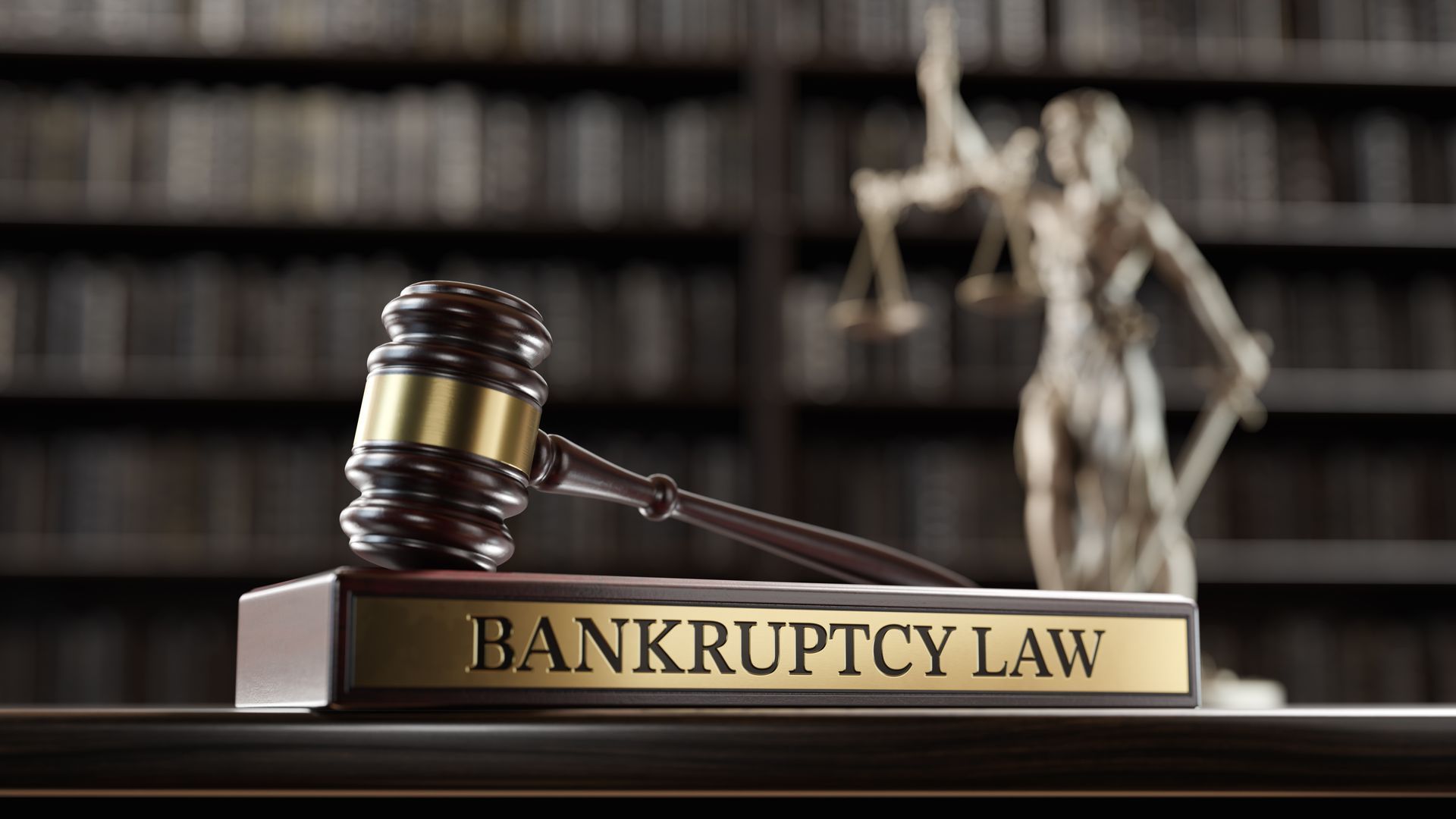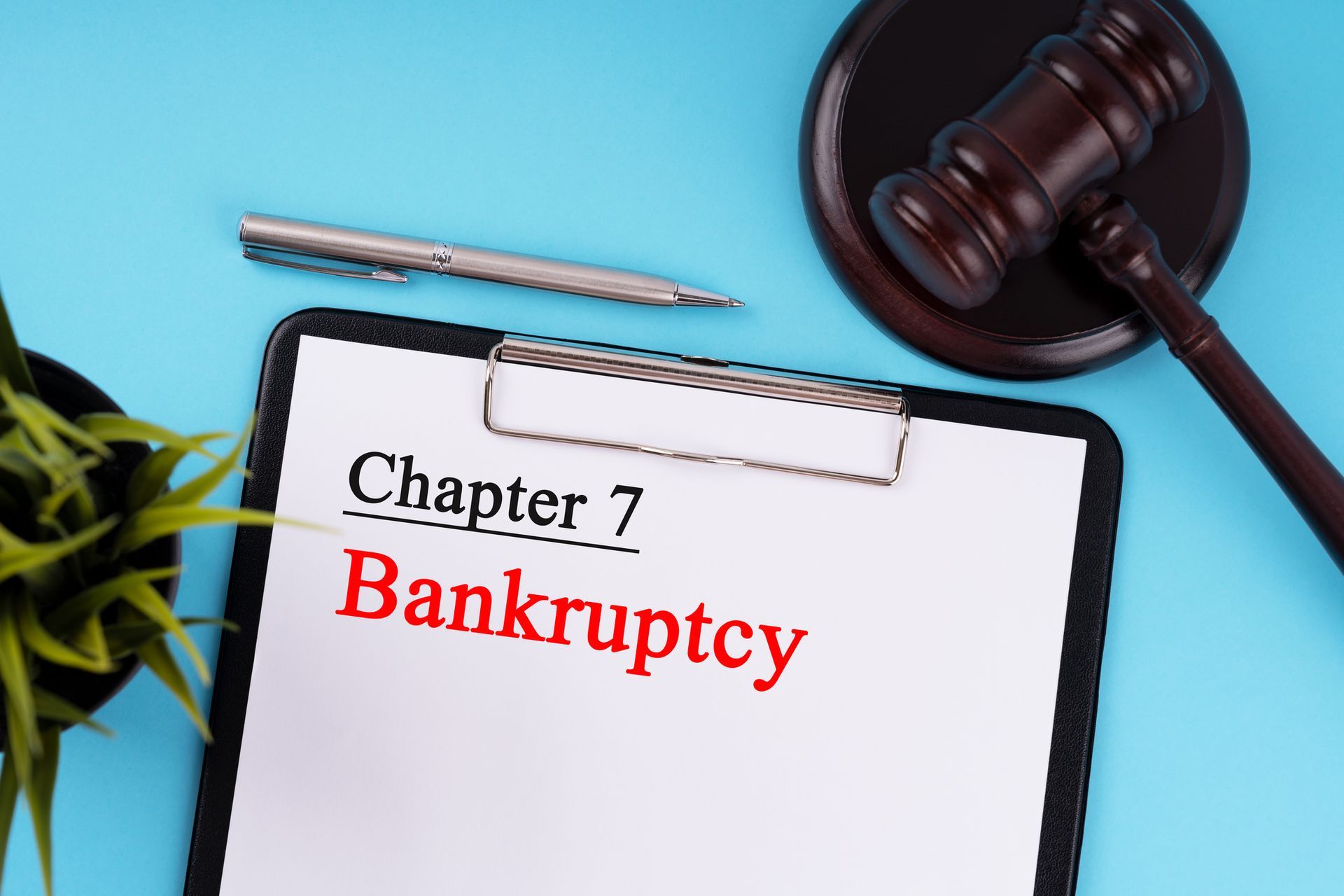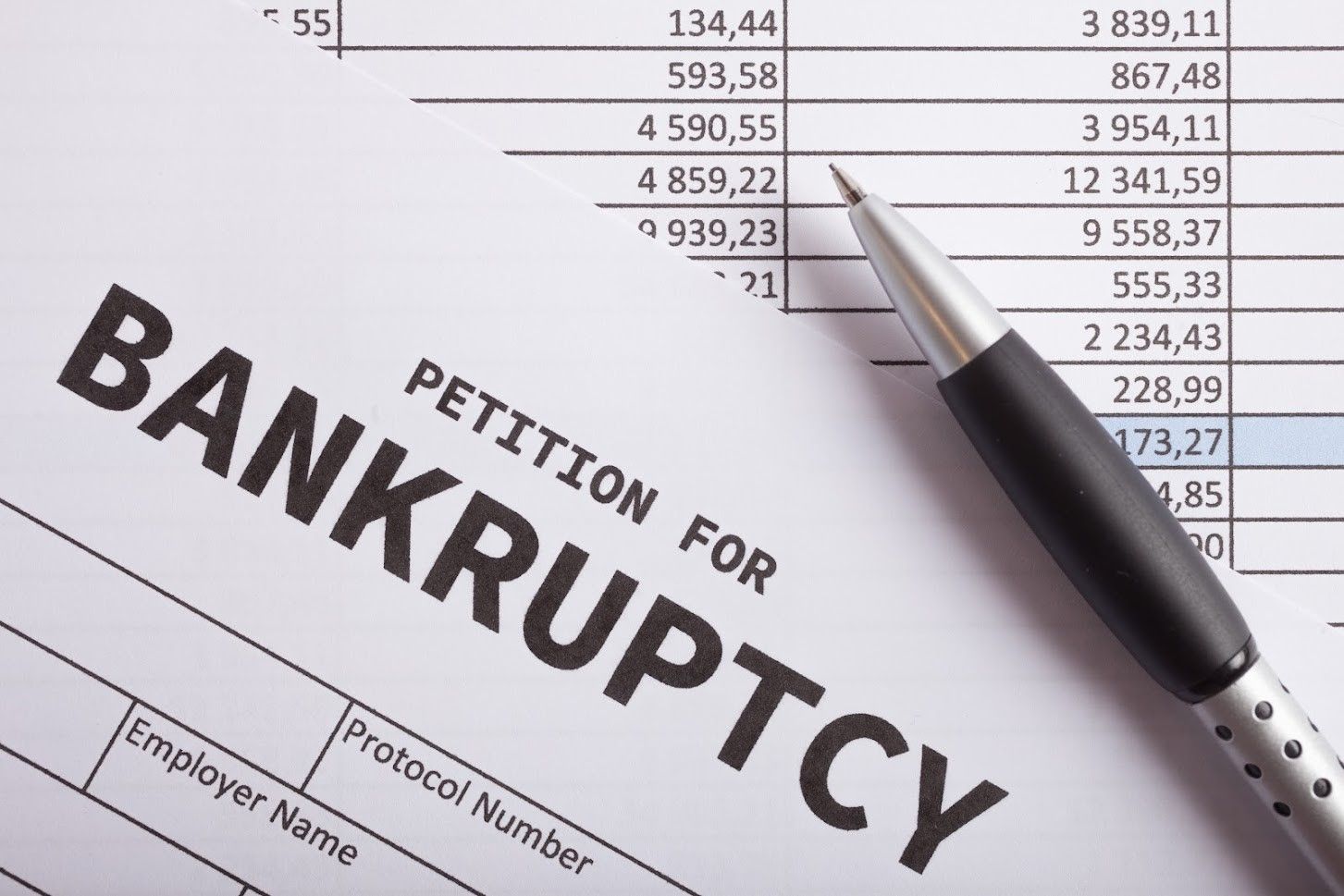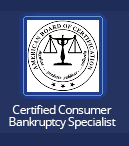What You Need To Know About the Means Test
About the Means Test | Charles J Schneider, PC

Debtors who file for Chapter 7 bankruptcy must undergo the means test. While the test drafters intended to limit the number of people filing for Chapter 7 bankruptcy, most debtors who file for bankruptcy pass the test. This blog will discuss what you need to know about the Chapter 7 bankruptcy means test.
What Is the Means Test?
The means test is a way to determine if a person is eligible to get debt relief via Chapter 7 bankruptcy. The test considers your family size, expenses, and income to determine if you can't pay your debts. Your bankruptcy application won't go through if your income exceeds the set limit.
Only debtors with consumer debts can undertake the means test. For example, you can file for the means test if your debt is primarily from medical expenses or credit card debt. Military members, veterans, and those with business debts typically skip the means test.
How Does the Test Work?
The first step is to calculate your current monthly income, which is twice the gross income you earned during the last six months before filing for bankruptcy. You will then compare that income to the median income for your state. Each state has a median income that depends on the family size. If your income is lower than the state's median income, you are eligible for Chapter 7 bankruptcy.
If your income is higher, you may not be eligible. However, having a higher income than the state's median doesn't necessarily disqualify you as you can deduct some expenses from your income. You should find out your state’s allowed deductible expenses and subtract the amount from the current monthly income to get the disposable income. If your disposable income is still greater than the state median income, you are unlikely to qualify for Chapter 7 bankruptcy.
How Can You Calculate Your Household Income?
You can determine your gross monthly income by adding your wages, pension, alimony, child support, rental income, and other regular forms. You should find the total for the last six months and divide the number by six. Using six months instead of one month helps the bankruptcy court know your average monthly income. Remember, you shouldn't add your social security income to your gross monthly income.
What Documents Are Necessary for the Means Test?
People seeking to file for Chapter 7 bankruptcy must fill out various means test forms. The type of forms vary depending on your type of debt, but the following forms are very common:
- A declaration of exemption from a presumption of abuse
- A report about your means test calculation
- A statement of your current monthly income
If your current monthly income is below your state's median income for your family size, you only have to file the statement of current monthly income. However, if your income is above it, you must also fill out the means test calculation form. The form calculates your performance and shows you the results.
The results must show a negative number or zero. The negative number proves that your disposable income is less than your debt.
Can You Be Excused From the Means Test?
You can take the means test if a huge chunk of your debt is consumer debt. If the other types of debt are greater than your consumer debt, then you don't have to take the means test.
Tort claims don't constitute consumer debts. Tort claims are payments you should make to another party for causing injury or damage to them without excuse. For example, if your negligence leads to an automobile accident, you may have to compensate any affected parties.
If you are unable to repay your debt, you can file for Chapter 7 bankruptcy to get help and avoid creditors. Charles J Schneider, PC, is a debt relief agency that helps people to file for bankruptcy. Contact us to get help.























